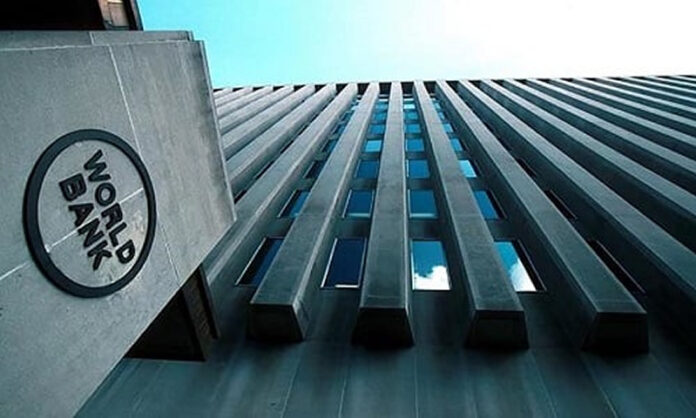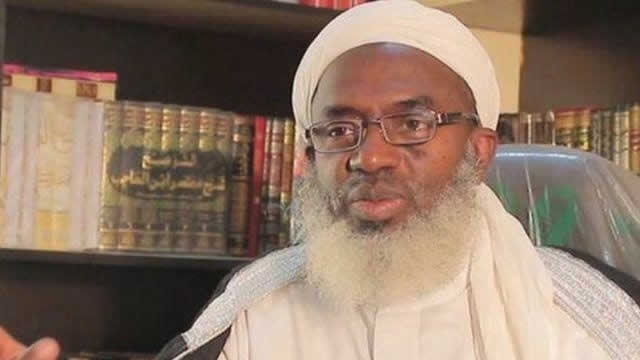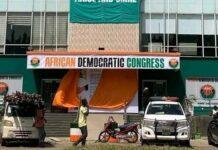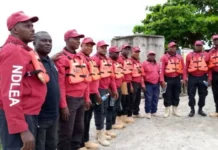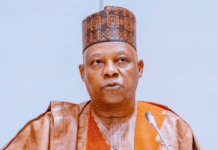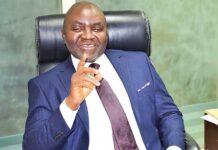The World Bank has said that about 85 million Nigerians lack access to electricity with many businesses and households not connected to the national grid.
This was disclosed on Thursday by the Managing Director of Operations, World Bank Group, Anna Bjerde at the Abuja Roundtable for Economic Transformation in West and Central Africa, which was co-chaired by Mr. Wale Edun, Minister of Finance and Coordinating Minister for the Economy and Chair of the African Governors Forum of the World Bank; and Ousmane Diagana,
Bjerde, while speaking on ‘Accelerating Recovery, Crisis Management, and Economic Transformation in West and Central Africa’, stated, “Take Nigeria, our host for example, where 85 million people still lack access to electricity, but whereas our level of ambition is proportional to the size of challenge. Together with the government, we are currently expanding access to over 70 million unsaved and underserved Nigerians to redistribute renewable energy solutions.
“We estimate that with about $30 billion in IDA support through 2030, that is about $5 billion a year, the World Bank group could facilitate access to 300 million people by the end of the decade across Africa, including 100 million in Western and Central Africa,” Bjerde said..
Bjerde stressed that the World Bank Group is a consistent and steadfast partner for countries in Africa, and is “interested in your success. We’re here with you when you succeed, but we’re also here when challenges arise. Not just when it’s convenient, and certainly not just to issue a statement, but really we want to work hand -in-hand with you towards the very best achievable results for the long -term prosperity of your countries”.
The World Bank boss noted that Africa’s problem can be surmounted if there is a collective decision to address it, noting that it is also an issue that Africa leaders have prioritised since 2000.
While praising African leaders for their resolve to make energy accessibility to all a top priority, she said that, “Access to energy has more than doubled across Africa yet, despite significant investment and progress, about 600 million Africans are likely to remain without electricity by 2030, with two third being those living in countries classified as fragile states.”
The Minister of Finance and Coordinating Minister of the Economy, Mr. Wale Edun, said the Roundtable aimed to provide a forum for the World Bank to discuss how to make progress on ambitious priorities for development in the region.
“The ongoing World Bank evolution could help accelerate this progress and can engage and support an ambitious financing and policy package for IDA”, Mr. Edun said.
He stressed that as African countries continue to confront multiple overlapping internal and external challenges; an economic transformation of the continent is achievable but will require creating the right conditions to turn opportunities into transformational accomplishments in key development areas.
Edun stressed that the Bank is a key partner in this endeavour and its ongoing transformation will further leverage its capacity to support the people of Western and Central Africa.
He said, “The importance of budget support to stabilise the macroeconomy and create fiscal space for investments were highlighted, and participants also recognised efforts by the World Bank Group to remain engaged during crises.
“The roundtable stressed the critical need to invest in resilient infrastructure across the region; in particular, accelerating electricity access, digitalisation and transportation connectivity which will promote growth, increase social inclusion, and consolidate fiscal stability.
“Participants recognised the need for strong national leadership and significant investments, primarily from the private sector. exchanged on the benefits of financial integration.”
He added that the discussion centered on the need to harmonize reforms and systems in member states, and achieving this will require sustained political commitments and investments in the capacity of regional bodies.
The Finance Minister noted that there was a consensus that West and Central African countries can realise and sustain development gains that tangibly improve the lives of their citizens through strategic approaches to sustainable growth, job creation, private sector mobilisation, and economic transformation. (Nigerian Tribune).



